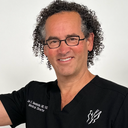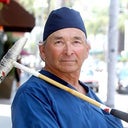What would it take to dislodge or damage a hair graft 14 days after a hair transplant?
If it is accepted from Bernstein's study that grafts are secure after 14 days, is there anything that could dislodge or damage the grafts after that period? Thank you.




